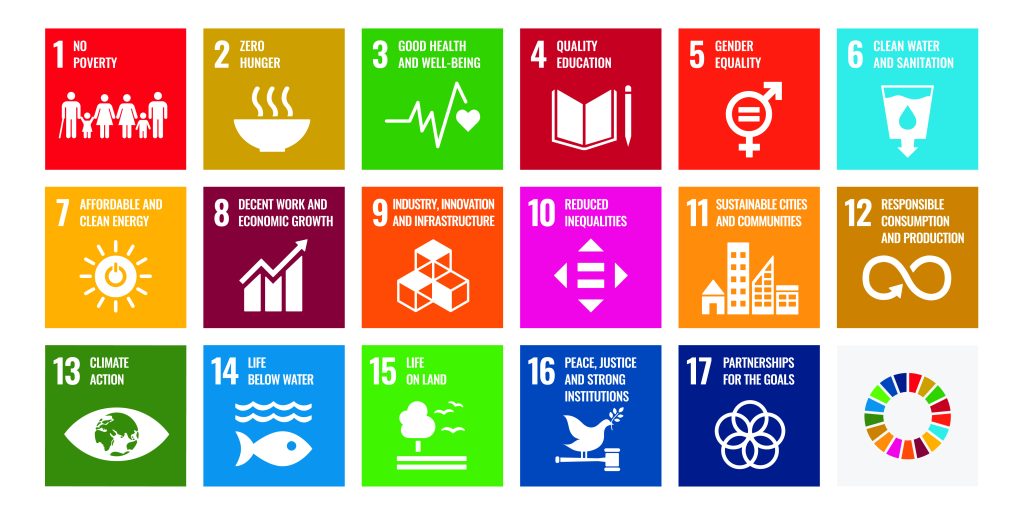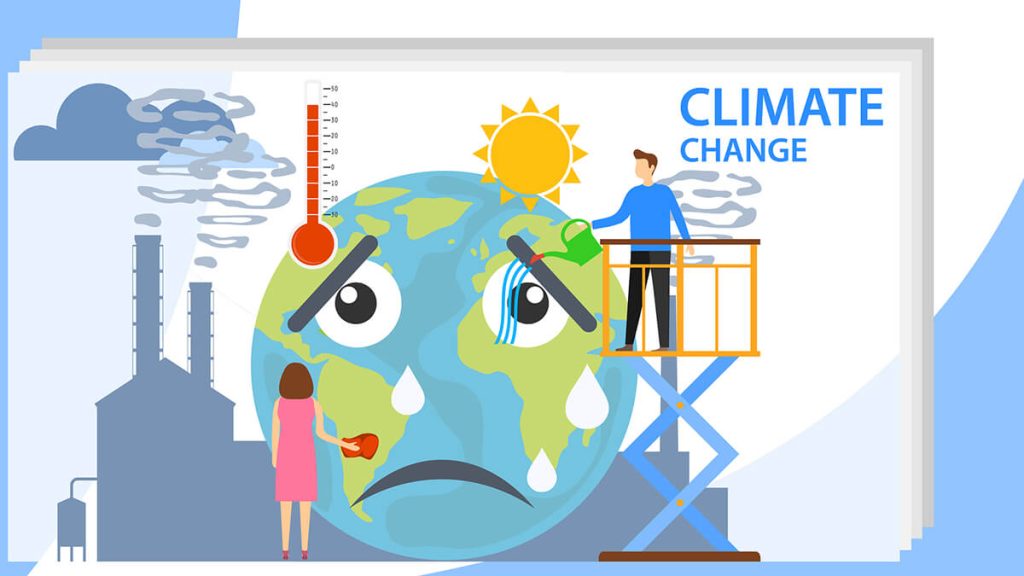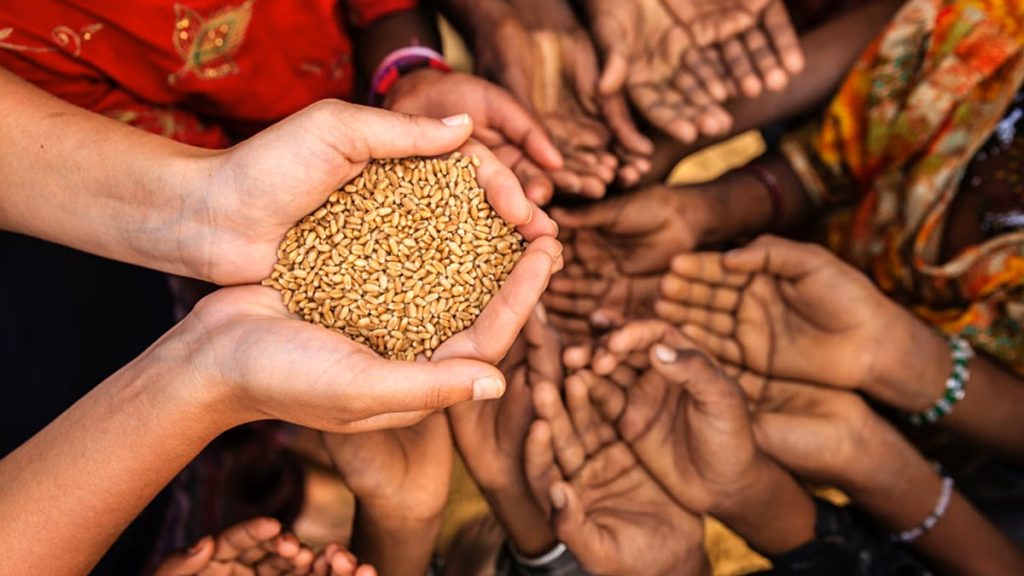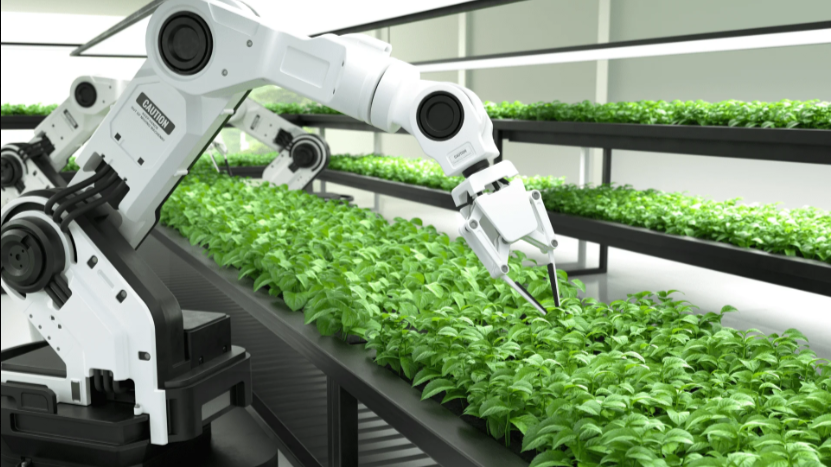
The United Nations’ Sustainable Development Goals (SDGs) were established as a blueprint for a better, more equitable world by 2030. Nearly a decade into the agenda, the latest reports suggest that the world is critically off track, with only 17% of SDG targets on course to be met. Factors like the COVID-19 pandemic, geopolitical conflicts, economic setbacks, and the escalating climate crisis have significantly derailed progress. Without immediate and collective action, many of these goals will remain unachieved.
Stagnation and Reversals Across the SDGs
The 2024 Sustainable Development Goals Report paints a sobering picture. While some progress has been made, nearly half of the SDG indicators show only minimal or moderate improvement, and more than a third have either stalled or regressed. The pandemic has exacerbated inequalities, increased poverty rates, and deepened the divide between developed and developing nations.
A major obstacle is financing—low-income countries, in particular, struggle to implement SDG initiatives due to debt burdens and insufficient funding from international donors. Moreover, political instability in various regions has hindered policy execution, leaving critical issues such as hunger, health, and education in dire conditions.
For example, in sub-Saharan Africa, millions of children have been forced out of school due to economic hardships and a lack of digital learning infrastructure, rolling back years of progress in education (SDG 4). Similarly, the ongoing war in Ukraine has disrupted global grain supplies, exacerbating food shortages in vulnerable nations such as Yemen and Ethiopia (SDG 2).

Climate Action in Crisis (SDG 13)
Climate action (SDG 13) is among the most alarming areas of stagnation. Despite agreements such as the Paris Agreement, current policies and commitments suggest the world is on track for a temperature rise of up to 3°C by the end of the century—far beyond the safe threshold of 1.5°C.
According to the Intergovernmental Panel on Climate Change (IPCC), the failure to significantly cut emissions will lead to more extreme weather events, rising sea levels, and devastating impacts on biodiversity. Recent reports highlight that while renewable energy adoption is growing, fossil fuel consumption remains stubbornly high, and global greenhouse gas emissions have yet to peak.
For instance, Pakistan experienced unprecedented flooding in 2022, displacing millions and causing over $30 billion in damages. Meanwhile, extreme heatwaves in Europe and North America have led to increased mortality rates and economic losses due to failing infrastructure.
In response, some nations have implemented aggressive climate policies, yet the lack of coordinated international enforcement makes these efforts insufficient. The Global South, in particular, suffers the most from climate-induced disasters despite contributing the least to global emissions.

Poverty and Hunger—A Growing Crisis (SDG 1 & SDG 2)
Efforts to eradicate poverty (SDG 1) and hunger (SDG 2) are faltering. The COVID-19 pandemic reversed years of progress, pushing millions back into extreme poverty. Rising food prices, economic downturns, and conflicts have exacerbated food insecurity, making hunger a pressing issue once again.
A recent initiative, the Global Alliance Against Hunger and Poverty, spearheaded by Brazilian President Luiz Inácio Lula da Silva during the G20 summit, aims to revive efforts against hunger through national-level policies supported by international cooperation. However, the impact of these efforts remains to be seen, as progress is heavily dependent on financial backing and political will.
For example, in Somalia, prolonged droughts combined with internal conflicts have left millions on the brink of famine, with humanitarian agencies struggling to provide relief. Meanwhile, in Latin America, rising inflation has made basic food staples unaffordable for many low-income households.

Leveraging AI for SDG Acceleration
Despite the grim outlook, emerging technologies like artificial intelligence (AI) offer a glimmer of hope. AI is being increasingly deployed to address challenges in clean energy, healthcare, education, and agriculture. However, as experts point out, AI-driven solutions require extensive public education, strong regulatory frameworks, and equitable access to technology to prevent further deepening of inequalities.
For instance, AI-powered precision agriculture is helping farmers in India and Kenya optimize crop yields and reduce resource waste, contributing to SDG 2 (Zero Hunger). In healthcare, AI-driven diagnostic tools are improving early disease detection in remote areas, advancing SDG 3 (Good Health and Well-being).
The Way Forward: Urgent and Collective Action
The world is at a crossroads. Without a radical shift in policies, investment, and collaboration, the 2030 deadline for achieving the SDGs will pass with most targets unmet. The international community must:
- Increase funding and debt relief for developing nations to allow them to implement SDG initiatives effectively.
- Accelerate climate commitments by transitioning to clean energy at a much faster pace and enforcing stricter regulations on emissions.
- Enhance food security initiatives by improving agricultural resilience, reducing food waste, and ensuring equitable food distribution.
- Leverage AI and technological advancements responsibly to bridge gaps in development rather than widen them.
The SDGs remain a litmus test for human progress, and as current reports indicate, we are failing. However, with renewed commitment and strategic interventions, there is still time to turn the tide. The question remains: Will global leaders rise to the challenge before it is too late?
Let’s hear your thoughts in the comments!
Read the Full Report here – The Sustainable Development Goals Report 2024
revampravenetwork #ActNow #SDGProgress #FutureOfOurPlanet #SustainabilityMatters #ClimateCrisis #ClimateAction #NetZero #ParisAgreement #SustainableFuturerevampravenetwork #ActNow #SDGProgress #FutureOfOurPlanet #SustainabilityMatters #ClimateCrisis #ClimateAction #NetZero #ParisAgreement #SustainableFuture
